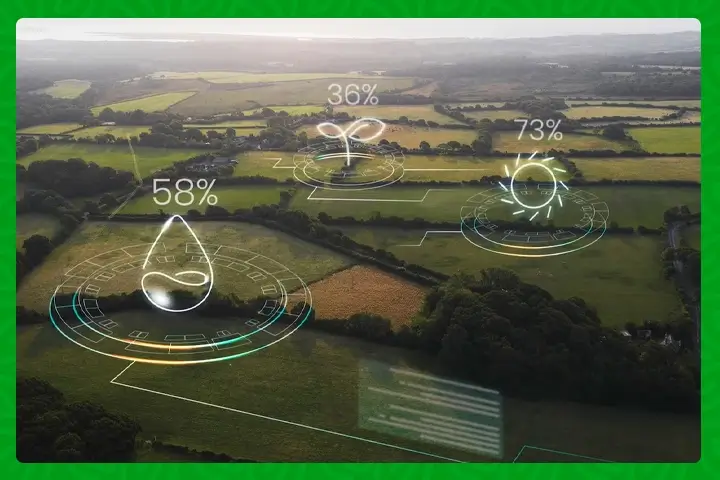
The Zimbabwean government, led by Lands, Agriculture, Water, Fisheries, and Rural Resettlement Deputy Minister Vangelis Haritatos, is urging the agricultural sector to embrace the transformative realm of smart farming. Recognizing the inadequacy of traditional farming methods, Haritatos emphasizes the need for a paradigm shift towards a more technologically advanced and sustainable approach to agriculture.
Smart farming, a management concept at the intersection of agriculture and technology, seeks to equip the industry with cutting-edge infrastructure. This includes harnessing the power of big data, cloud computing, and the Internet of Things (IoT) for the purpose of tracking, monitoring, automating, and analyzing agricultural operations.
Speaking at the annual smart farming indaba in Harare, Haritatos underscored the importance of innovative solutions for ensuring the resilience and sustainability of food production systems. “Smart farming encompasses a wide range of strategies, technologies, and initiatives that leverage cutting-edge innovation to optimize resource utilization, reduce negative environmental impact, and maximize yields,” he stated.
The integration of technology into agriculture, according to Haritatos, enables real-time monitoring and management of farms. It facilitates data-driven decision-making and the implementation of precision farming techniques that minimize waste and enhance overall efficiency.
In the face of challenges posed by climate change, exacerbated by an El Niño-induced drought in Zimbabwe, smart farming emerges as a strategic solution. Haritatos is confident that adopting transformative practices will not only mitigate the impact of drought but also lead to increased productivity and food security.
A pivotal aspect of smart farming is the adoption of precision systems. These systems empower farmers to deliver the right amount of water to crops at the right time, significantly reducing water wastage and optimizing water usage—a crucial factor, especially in drought-prone regions.
Haritatos also highlighted the significance of integrating climate-smart agricultural practices, which involve resilient crop varieties, soil conservation techniques, and the implementation of agroforestry systems. Furthermore, the utilization of advanced technologies such as drones and satellite imagery can provide valuable insights into crop health, soil moisture levels, and pest infestations.
To propel the smart farming agenda forward, the deputy minister called for enhanced collaboration between the government and the private sector. This partnership is crucial for driving innovation, implementing technological advancements, and ensuring the widespread adoption of smart farming practices.
As climate change, exemplified by phenomena like El Niño-induced droughts, continues to pose challenges to agriculture globally, the call for smart farming and climate change adaptation practices gains significance. The Zimbabwean government’s proactive stance on smart farming heralds a new era of resilience, sustainability, and productivity in the nation’s agriculture sector.
The original article was written by By Melody Chikono
Stay updated with the latest farming tips and agriculture industry news from Africa by subscribing to our newsletter. Don’t miss out on valuable insights and updates. Follow us on Twitter, LinkedIn, and Facebook to join our farming community and stay connected with us.



















